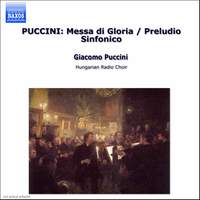Thanks, oliver, I didn't know of those two recordings.
When it comes to Louis Couperin I'm content with my old Oiseau-Lyre of Ruggero Gerlin, who used a Pleyel (a la Wandowska) for his 1950s recordings, even if it does sometimes remind me of Vachel Lindsay's The Fireman's Ball:
'Clanga-ranga clanga-ranga, Clang, clang Clang!'
.
When it comes to Louis Couperin I'm content with my old Oiseau-Lyre of Ruggero Gerlin, who used a Pleyel (a la Wandowska) for his 1950s recordings, even if it does sometimes remind me of Vachel Lindsay's The Fireman's Ball:
'Clanga-ranga clanga-ranga, Clang, clang Clang!'
.




Comment